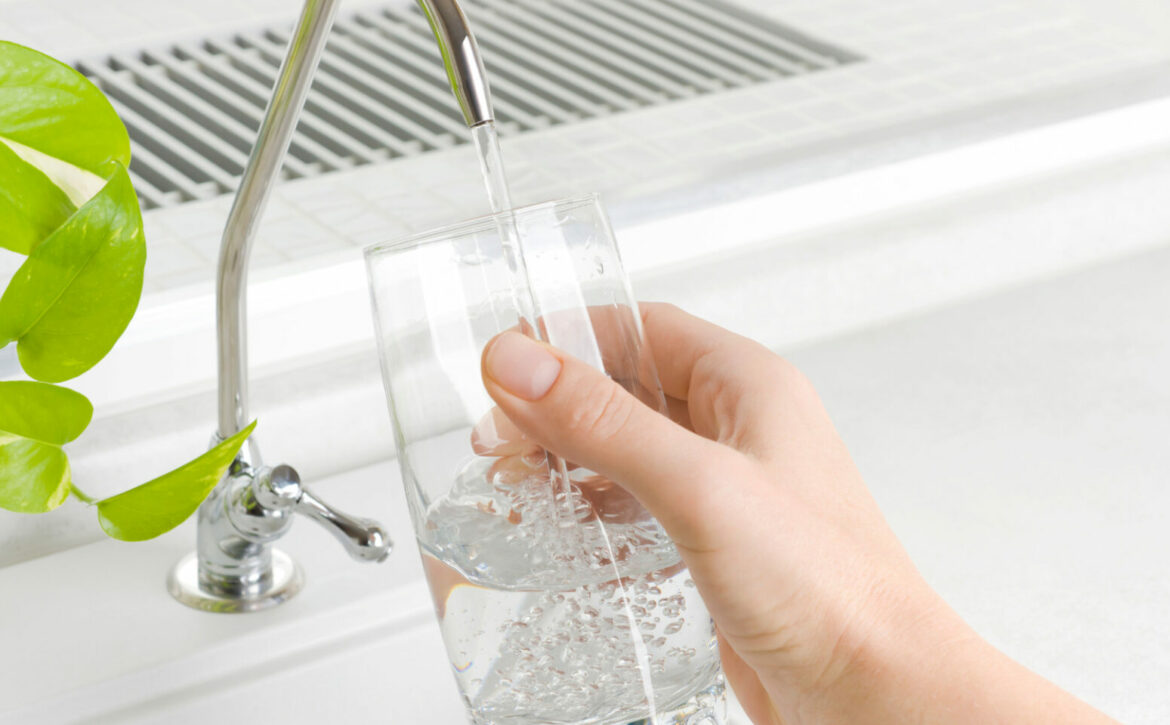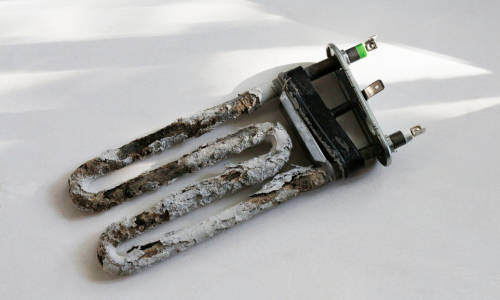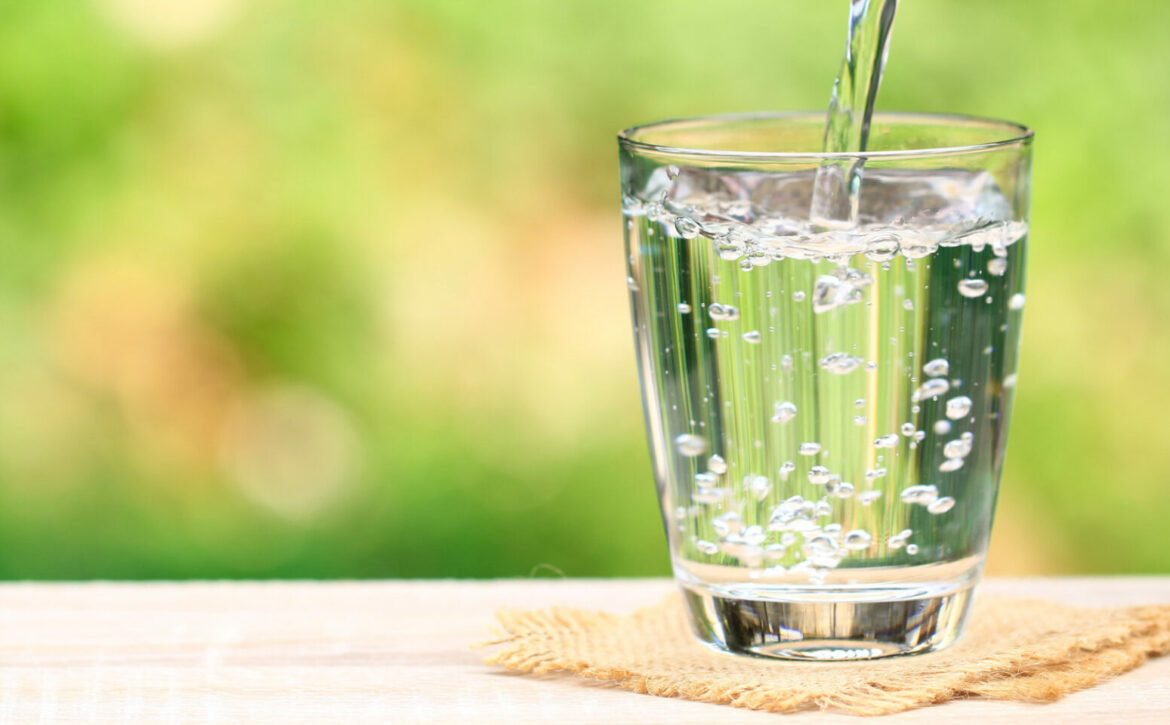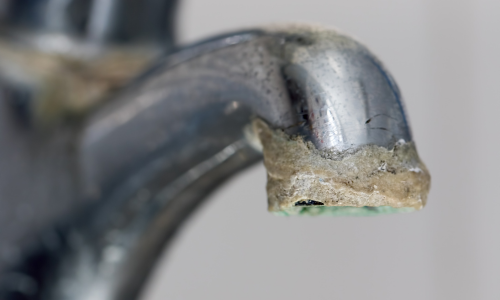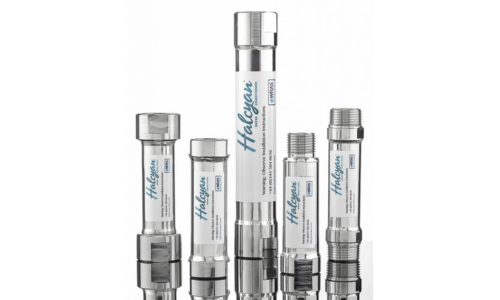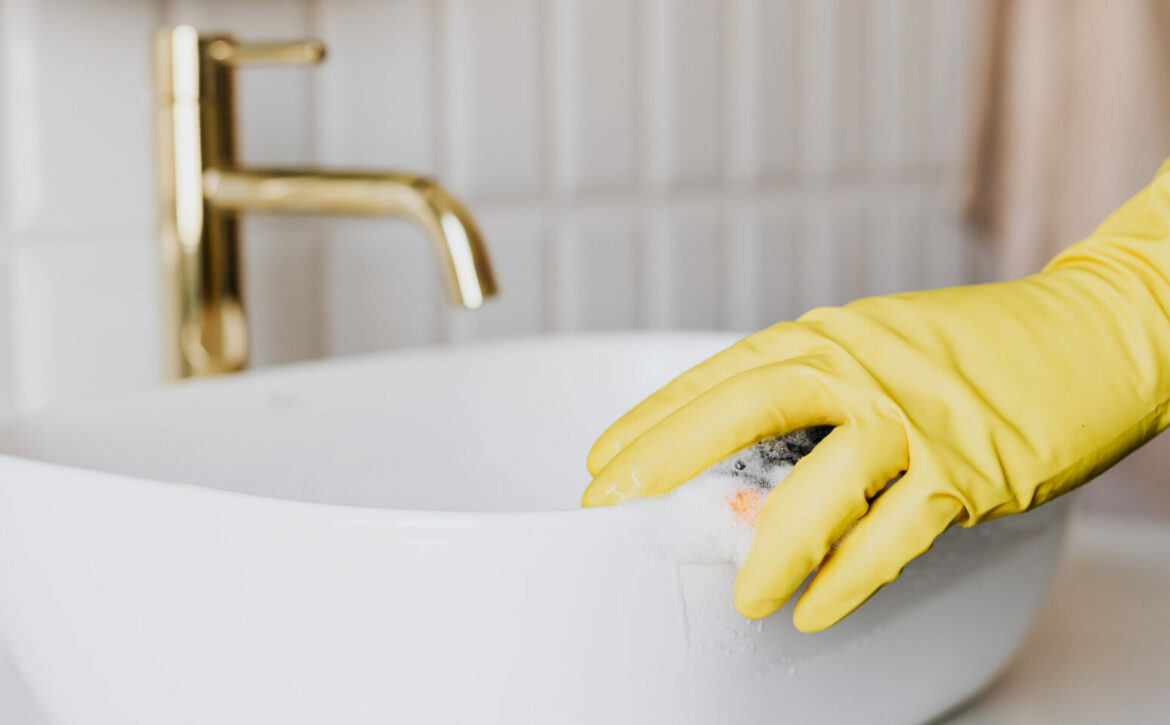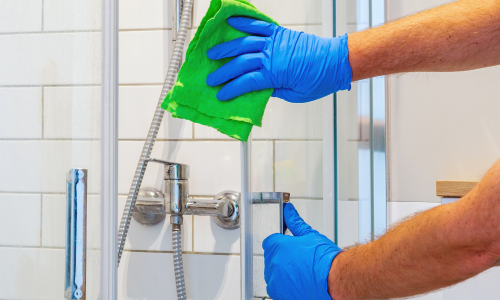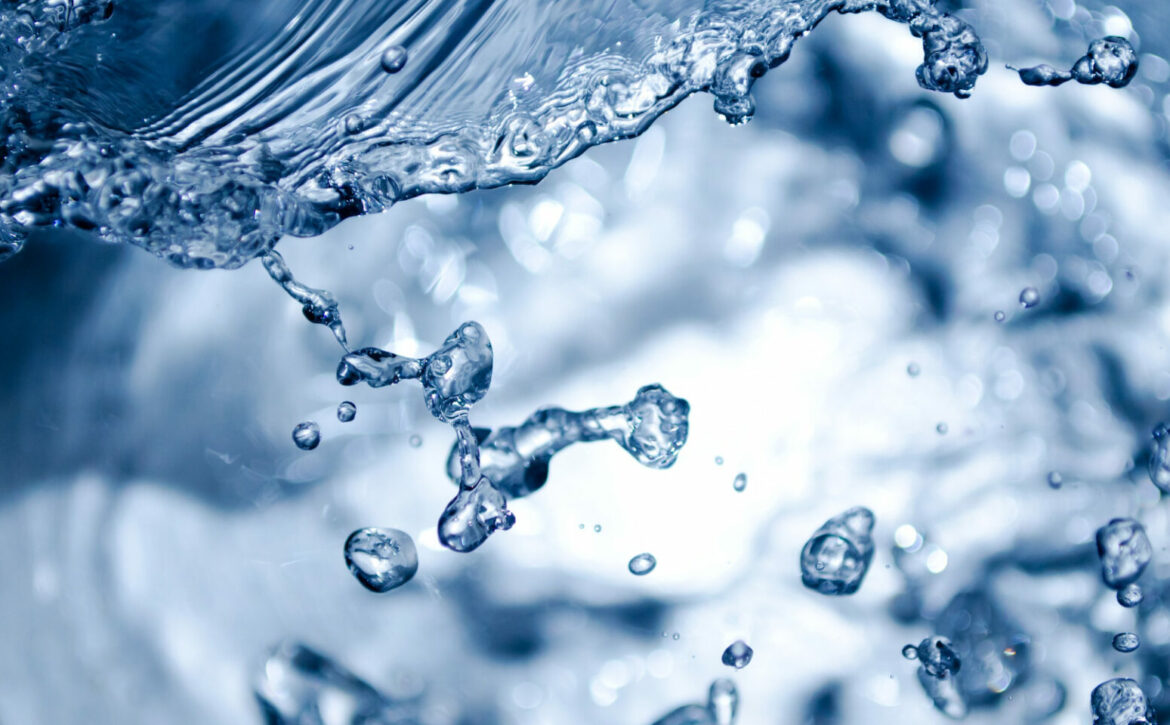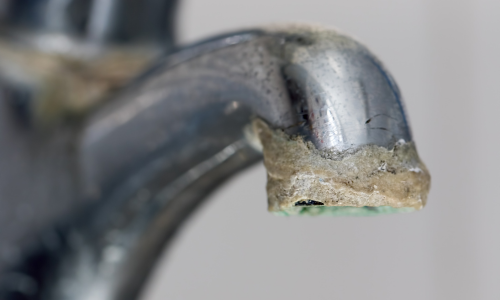Get Your Shine Back: How to Clean Limescale Off Stainless Steel
Stainless steel is a popular choice for kitchen appliances, sinks, and fixtures due to its sleek and modern look. However, one downside is that it can develop limescale deposits over time, especially in areas with hard water. These mineral deposits can make your stainless steel items appear dull and unsightly. But fear not, for in this blog, we’ll explore effective methods to clean limescale off stainless steel and restore its shine.
Why Limescale Forms on Stainless Steel
Limescale is primarily composed of calcium and magnesium deposits from hard water. When water with a high mineral content evaporates on stainless steel surfaces, it leaves behind these mineral residues, resulting in the tell-tale cloudy or chalky build-up.
Materials You’ll Need:
- White vinegar or lemon juice
- Baking soda
- Soft cloths or sponges
- A microfiber cloth
- A bowl or spray bottle
Cleaning Methods:
Method 1: Vinegar or Lemon Juice Soak
Prepare a Vinegar or Lemon Juice Solution:
- In a bowl or spray bottle, mix equal parts white vinegar or lemon juice and water. If you have a severe limescale problem, you can use the undiluted solution.
Apply the Solution:
- Spray or soak a soft cloth or sponge in the solution, and then place it on the limescale-affected area.
Allow Soaking:
- Let the cloth or sponge sit on the limescale for about 10-15 minutes. This gives the acid time to break down the mineral deposits.
Gently Scrub:
- After soaking, use the cloth or sponge to gently scrub the limescale. The deposits should start coming off. If necessary, repeat this process.
Rinse and Dry:
- Rinse the stainless steel with water to remove any residue. Dry it thoroughly with a clean, dry microfiber cloth to prevent new water spots.
Method 2: Bicarbonate of Soda Paste
Make a Bicarbonate of Paste:
- Mix bicarbonate of soda with a small amount of water to form a thick, spreadable paste.
Apply the Paste:
- Apply the bicarbonate of soda paste to the limescale-affected areas. Ensure you cover the deposits evenly.
Let It Sit:
- Allow the paste to sit for about 15 minutes.
Gentle Scrubbing:
- Use a soft cloth or sponge to gently scrub the paste on the stainless steel. The bicarbonate of soda will help lift the limescale.
Rinse and Dry:
- Rinse the stainless steel with water and wipe it dry with a clean, dry microfiber cloth.
Method 2: Prevention
- Wipe down stainless steel surfaces regularly to prevent limescale build-up.
- Apply a stainless steel polish or protective spray to help prevent future limescale and maintain a shine.
Is There a Better Way to Remove Limescale?
Thankfully yes! An innovative solution to consider for limescale prevention is a Halcyan Water Conditioner. The Halcyan uses a unique physical water treatment method that doesn’t involve chemicals, salt, or electricity. Instead, it relies on the principles of fluid dynamics to alter the structure and behaviour of mineral ions in the water.
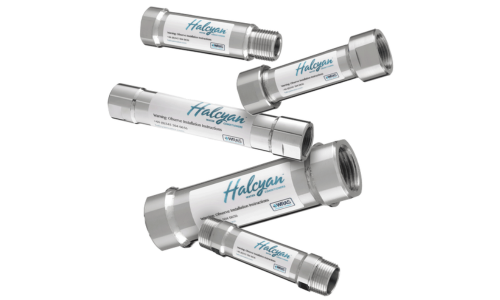 These altered ions are less prone to forming limescale deposits on surfaces, appliances, and plumbing fixtures. Instead of accumulating as solid deposits, they tend to remain in suspension in the water, reducing the risk of limescale build-up. The best news? The Halcyan Water Conditioner will also remove existing limescale from your home over time!
These altered ions are less prone to forming limescale deposits on surfaces, appliances, and plumbing fixtures. Instead of accumulating as solid deposits, they tend to remain in suspension in the water, reducing the risk of limescale build-up. The best news? The Halcyan Water Conditioner will also remove existing limescale from your home over time!
Conclusion
Cleaning limescale off stainless steel can be accomplished using simple household items like vinegar, lemon juice, and bicarbonate of soda. Regular maintenance and prevention measures can also help keep your stainless steel looking its best. Preventing limescale with a Halcyan Water Conditioner is a proactive and eco-friendly approach to maintaining your home’s plumbing and appliances. The Halcyan Water Conditioner offers a preventive solution that reduces limescale formation from the start, saving you time, effort, and money while ensuring a more efficient and sustainable home. Consider it as an investment in the long-term health and performance of your household water systems.
If you’d like to find out more about the Halcyan Water Conditioner, you can explore our Knowledge Centre and find out how it works here. You can call our expert team on 0345 504 0656 for more information on the effects of hard water on stainless steel and how you can benefit from installing a Halcyan.
Why choose Halcyan?
Halcyan Water Conditioners is a British company based in Bristol and our alloy-based solution to hard water is unique to the UK. Our Water Conditioner is an eco-friendly, people-friendly solution to hard water! If you’re fed up with limescale dulling your shine and believe you’ve tried every method to remove it, get in touch with us to see how our Halcyan Water Conditioner can help.
Learn More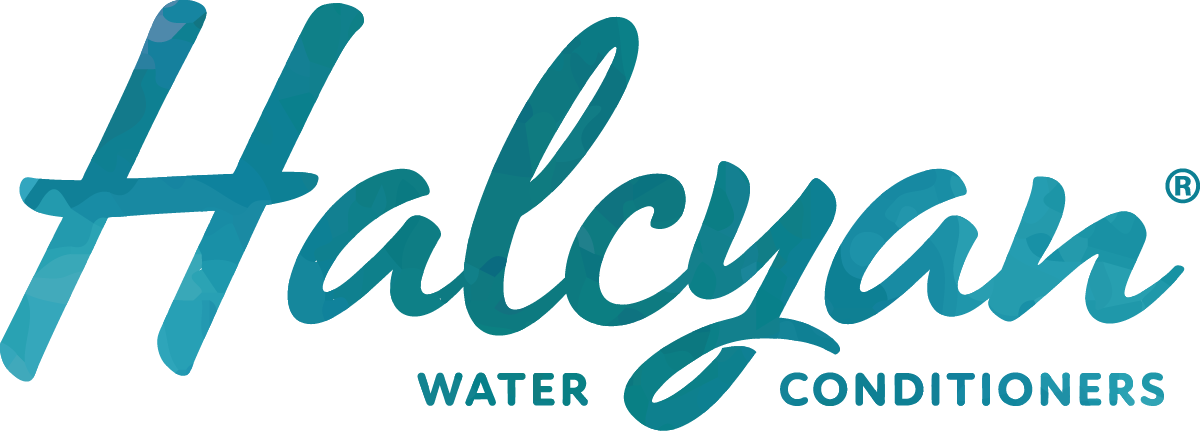

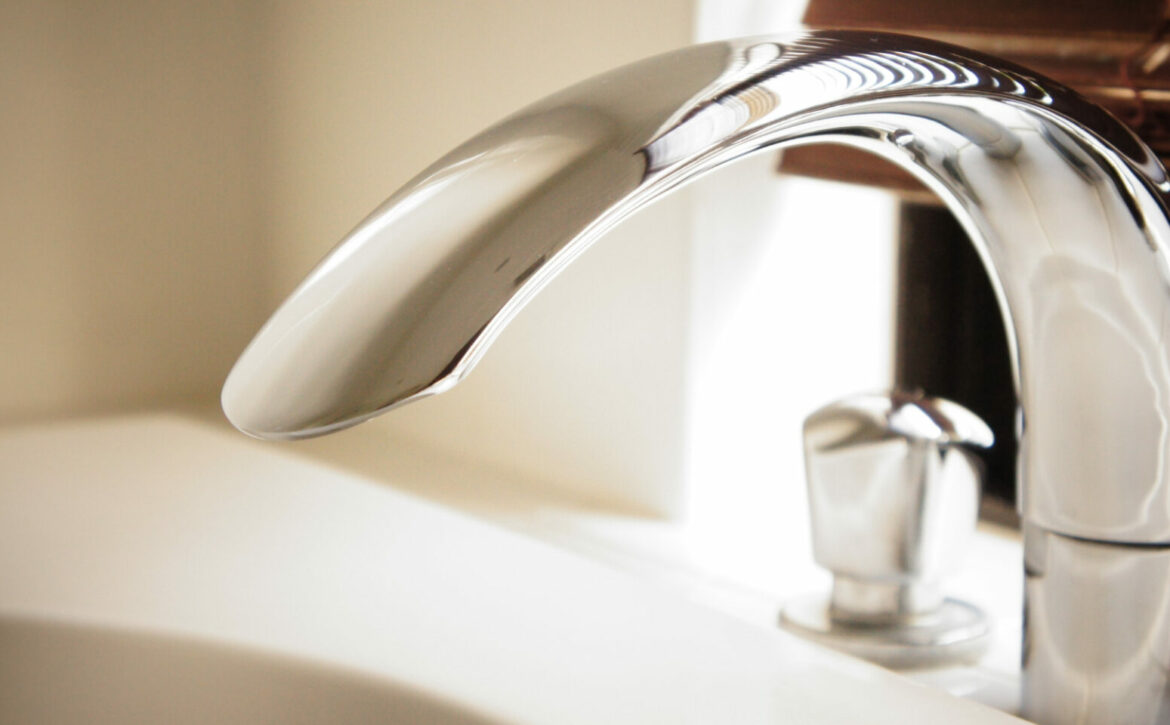
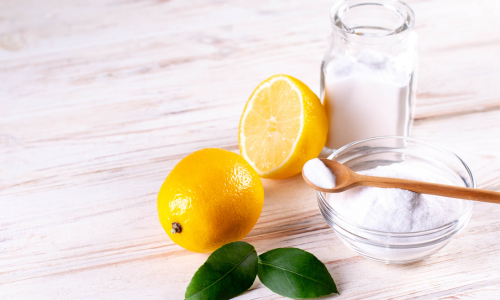
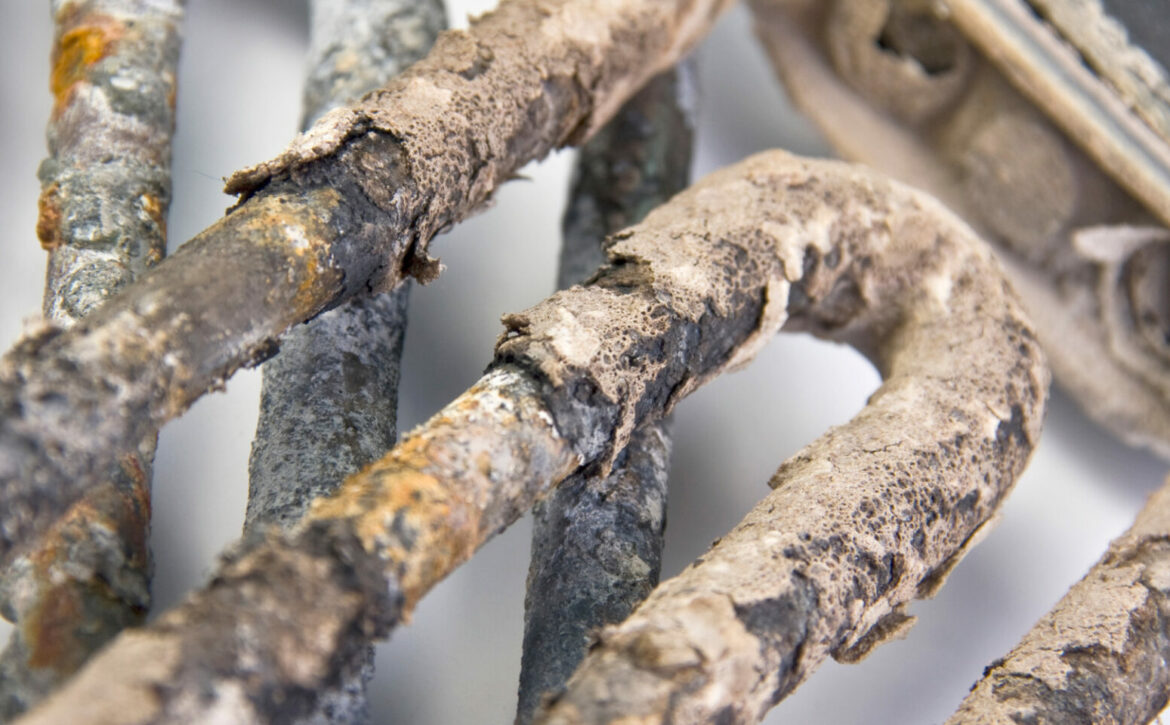
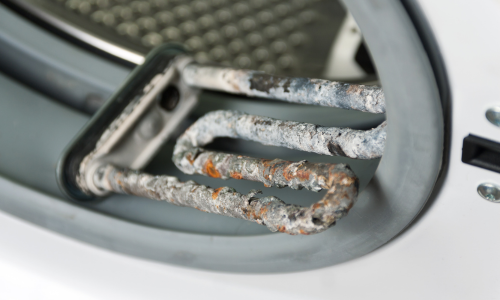
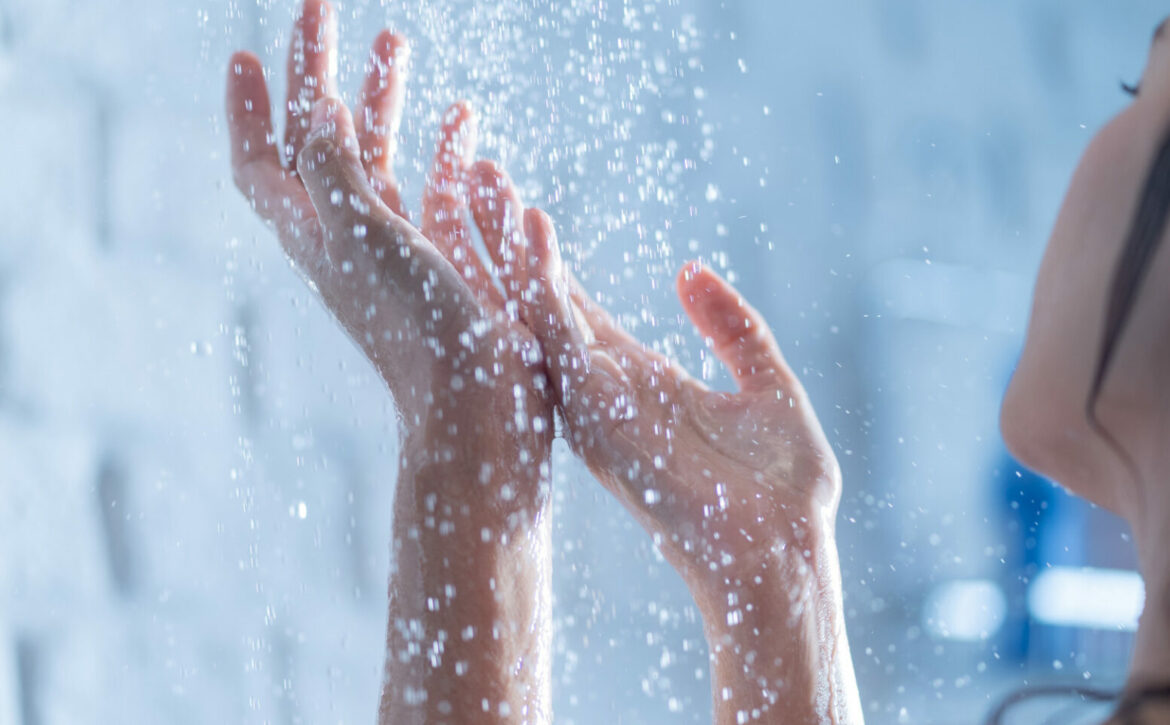
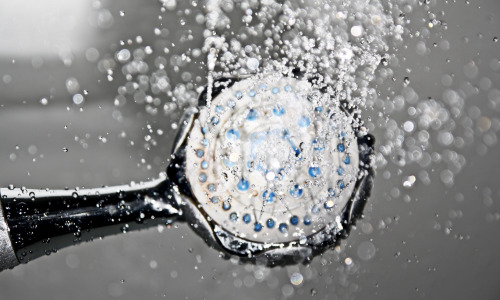 Step 1 – Remove the Shower Head:
Step 1 – Remove the Shower Head: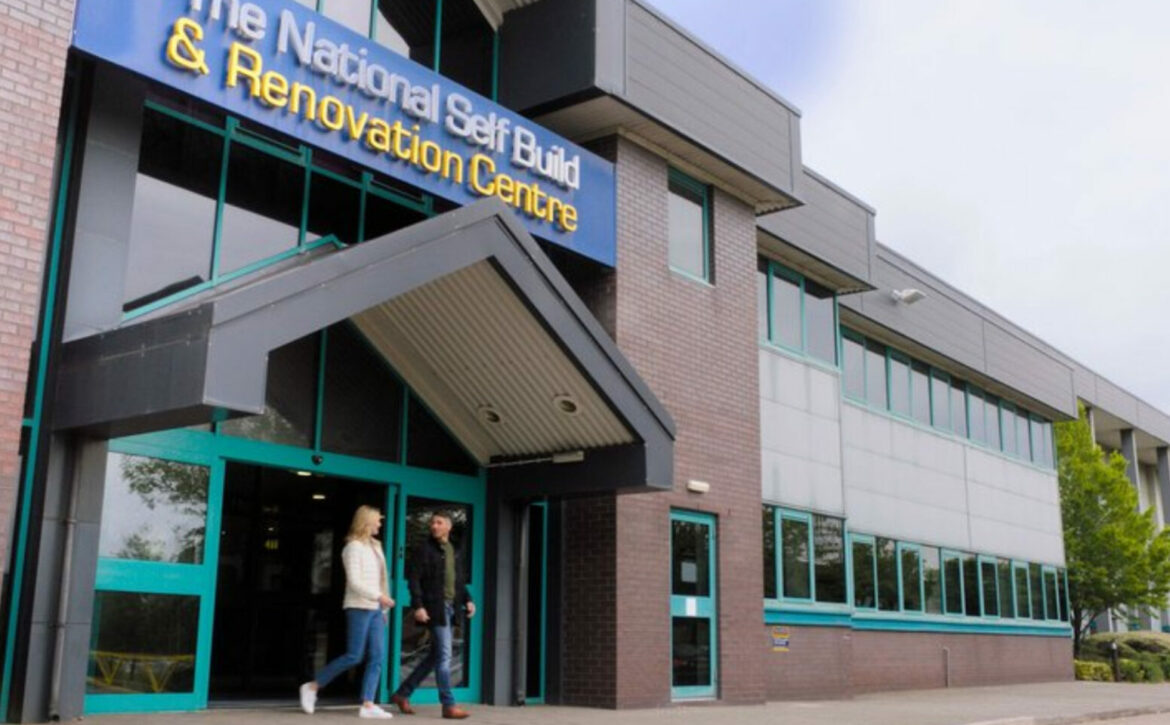
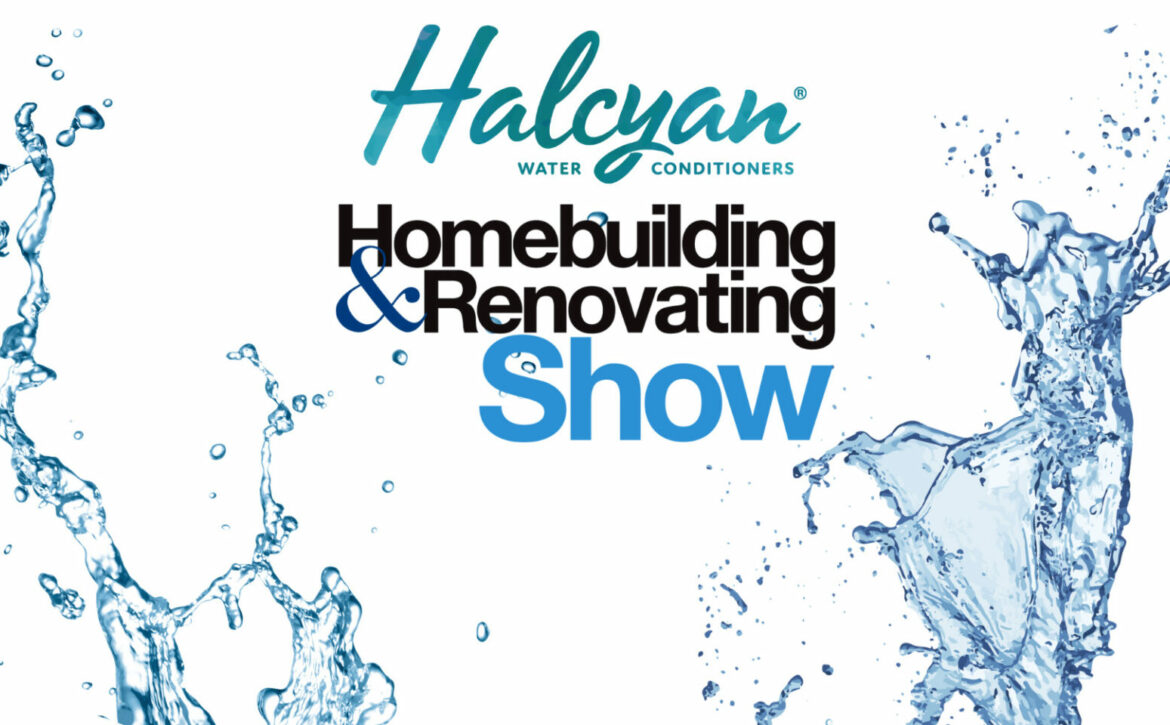

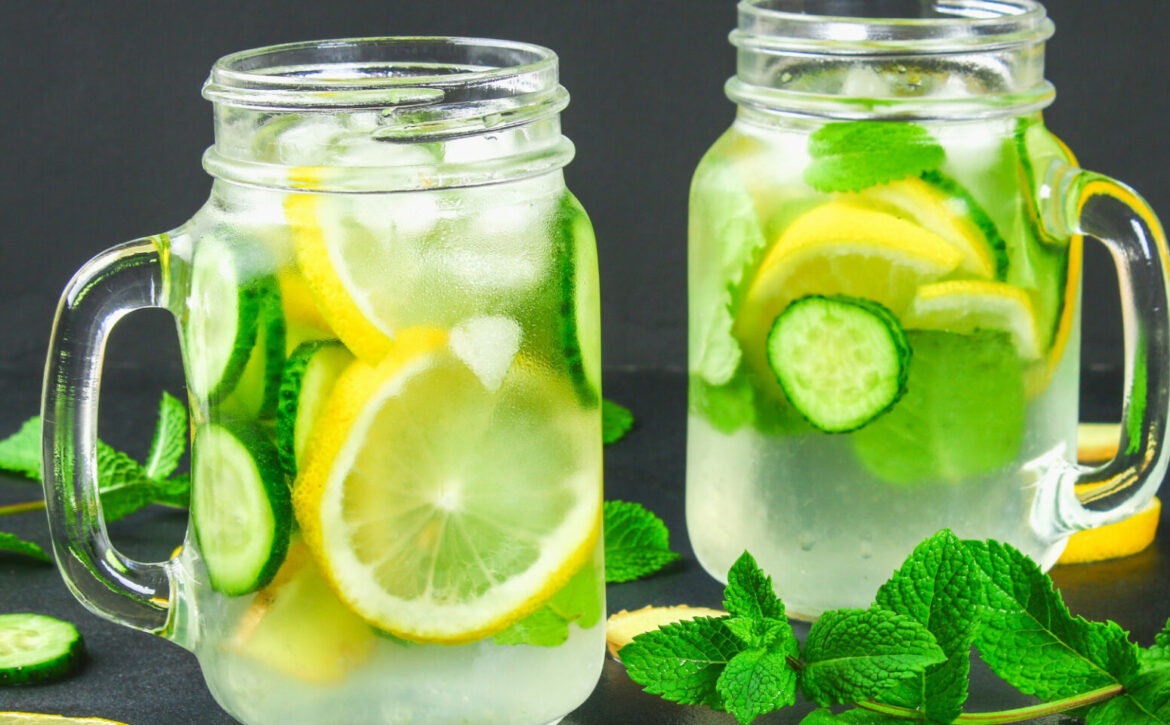
 Soft Water
Soft Water